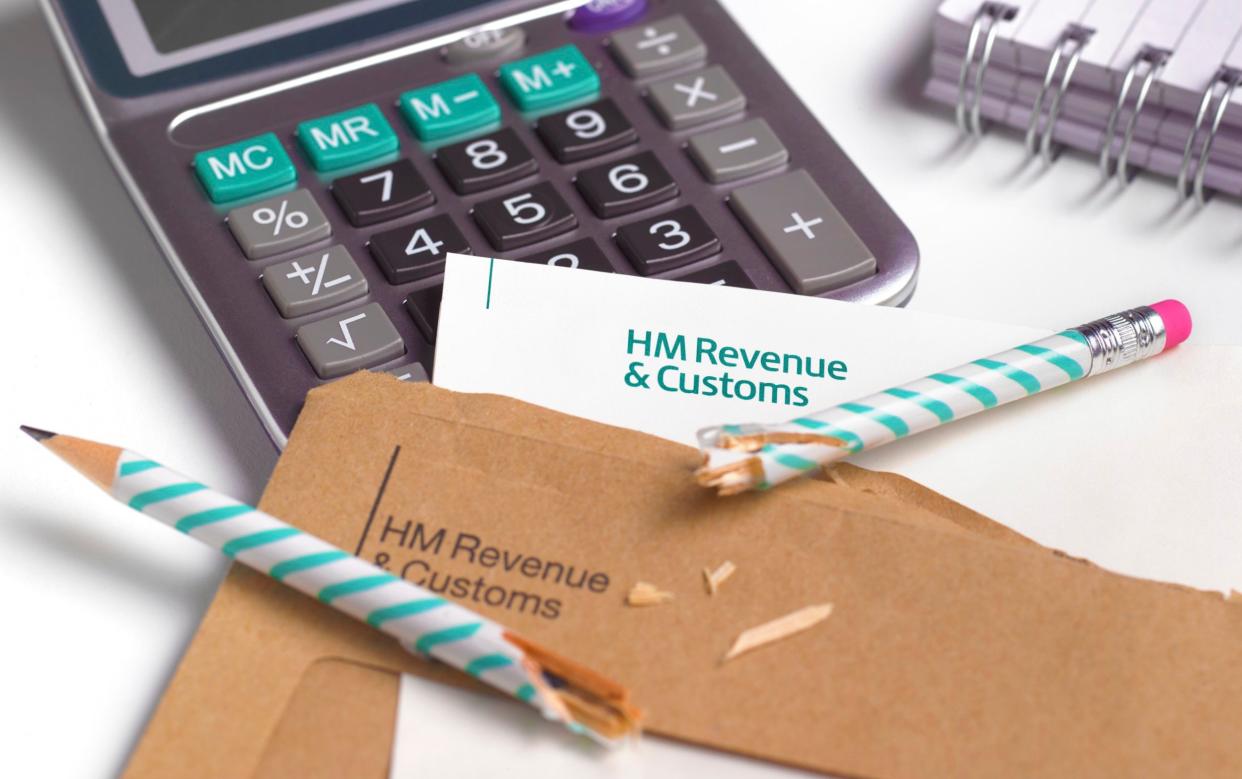MPs and civil servants skip long waits with HMRC’s ‘VIP’ hotline

MPs and civil servants have been given special “VIP” access to HM Revenue and Customs’ helpline and can get through 20 minutes faster than the average caller.
A “VIP” hotline, called “Public Department 1” (PD1) deals with high-profile taxpayers, and handlers on the line pick up the phone in as little as one minute and 53 seconds, which was the average wait time last November.
The hotline received on average more than 4,100 calls monthly over the last 12 months, and there are seven dedicated call handlers.
In comparison, the average waiting time for normal callers is nine times longer at 22 minutes and 47 seconds, according to the latest figures. Nearly two-thirds of callers ringing the tax office for help are waiting more than 10 minutes.
The VIP line exists to deal with taxpayers whose records need to be stored separately for security reasons. This is believed to include ministers, MPs, and some civil servants.
It comes as the tax authority was slammed by the Public Accounts Committee (PAC) for its customer service.
MPs said service levels were now at “an all-time low” due to “conscious choices made by HMRC and HM Treasury”.
The tax office closed vital customer support channels despite demand for its phone and post services rising by 10pc a year. It shut down a vital self-assessment helpline last summer and reduced its capacity on the line in the run-up to the self-assessment deadline in January.
The taxman was heavily criticised for being too aggressive in pursuing prosecutions against those it suspects of not paying the right amount of tax.
Dame Meg Hillier MP, chairman of the committee, said: “Our report also poses serious questions as to whether HMRC is getting the balance right between its civil and criminal prosecutions.
“Our findings show a steep drop in the latter at the same time as we see HMRC going to great lengths to challenge people in court over their employment status.”
A HMRC spokesman said: “PD1 is a dedicated helpline for those who need a greater level of protection due to their identity or job. These records are held separately, with only a small number of staff able to access them. We usually have seven people answering calls to this helpline.”
HMRC is not the only government body to struggle to man its telephone lines. Call handlers at the HM Courts & Tribunals Service (HMCTS), which deal with the legal documentation that allows families to deal with a dead relative’s estate, will only answer the phone between 9am and 1pm.
The shorter hours, as opposed to the typical 9am to 5pm, will last for 12 weeks, despite chronic delays creating year-long waits for legal documents. It is hoped that the move will free up staff to spend more time clearing the probate backlog.
Recommended
How to take on the taxman – and win

